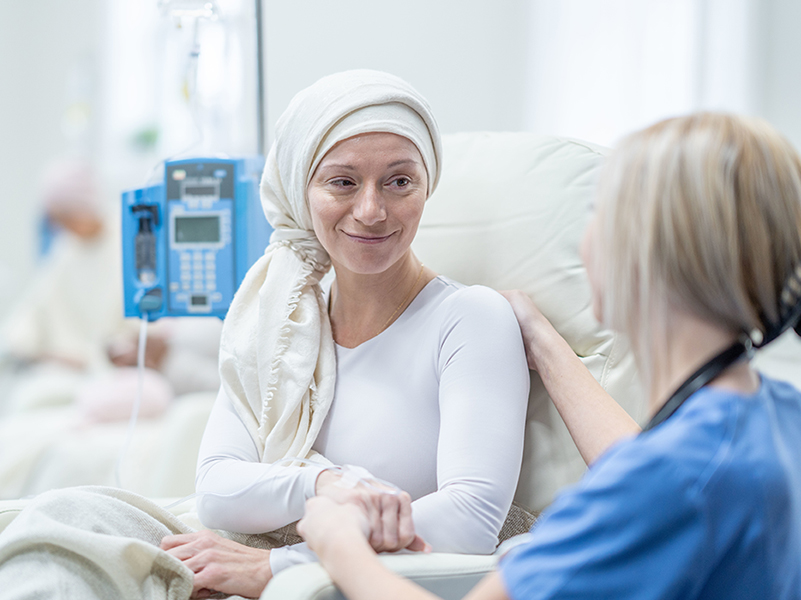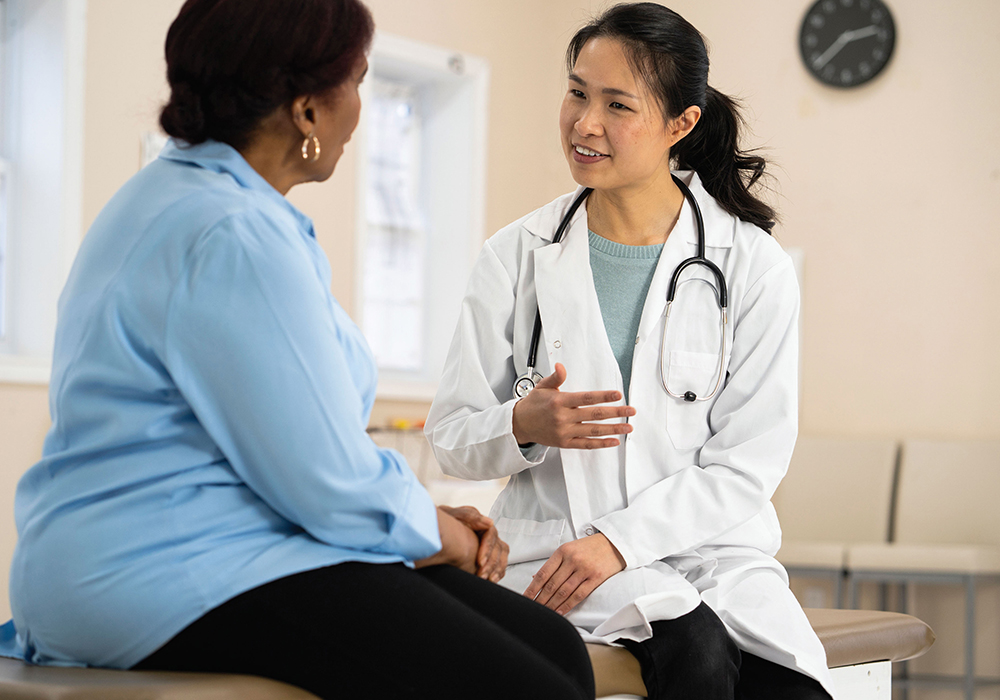By Nicole Karich, RN, BMTCN®, OCN®
Cancer has affected my family, and I believe that experience made me more empathetic toward my patients. As an undergraduate nursing student, I had the privilege of participating in the Susan D. Flynn Oncology Fellowship program, which truly enabled me to appreciate just how special oncology nursing is before I entered the workforce. I have and always will continue to carry the lessons I learned from the experience throughout my professional career, and the opportunity it opened for me to get involved in ONS gave me an incredible resource and community as I advance in my practice.
What I Learned
Through the fellowship, I worked alongside preceptors and nursing education staff as a student intern in oncology basics at UConn Health in Farmington, CT. In addition to giving us an invaluable clinical experience, the program leaders helped me and the other fellows register for ONS membership and complete the Cancer Basics course.
During the internship, I worked in both inpatient and ambulatory care. In the acute inpatient unit, I learned technical skills such as central line care and managing complex comorbidities. In outpatient care, I learned the inner workings of an infusion room and studied multiple chemotherapy regimens. After the fellowship ended, UConn invited me to work per diem as an aide on the oncology floor.
I also completed an oncology research project on Li-Fraumeni syndrome, a rare genetic disorder that increases a patient’s risk for many cancers. I trained alongside genetics counselors to understand the complex variants and inheritance patterns that contribute to many cancer diagnoses.
How I Applied It to My Practice
I began my nursing career at NYU Langone Health about four years ago. My first role was as a nurse on a unit that combined hematology, oncology, and blood and marrow transplant (BMT) patient populations. In 2018, my unit split medical oncology from hematology/BMT and paired each with other subspecialties in the institution.
To bridge the gap between the two units, I helped create and lead an inpatient subcommittee for our oncology nurse practice and quality council. Our subcommittee model is highly successful and serves as a resource for all units with oncology concerns because it unites oncology staff and those interested in oncology to support improved clinical practice in both units. The subcommittee involves all interprofessional teams, and because I could draw on my background knowledge of how various nursing units operate from the fellowship program, I was able to lead it to success.
In our monthly subcommittee meeting, we encourage staff to become involved with the New York City ONS Chapter because we recognize the value of membership in our professional society and connection with like-minded nurses in our local community. Many of our colleagues have attended chapter dinners and conferences and obtained professional certification. I’ve sustained my ONS membership, presented twice at the 44th Annual ONS Congress®, and taught my colleagues at my chapter’s continuing education day in 2019. Through ONS, I completed my chemotherapy and biotherapy provider training and the fundamentals of BMT course. Additionally, I became an oncology certified nurse (OCN®) and BMT certified nurse (BMTCN®) through the Oncology Nursing Certification Corporation.
With ONS and my fellowship experience, I’ve learned that an oncology nursing career is so much more than just showing up to work and going home. Oncology nurses lead, innovate, and continuously learn. I hope the impact I leave on my hospital and the oncology nursing profession creates positive change that transforms care for a very vulnerable patient population.






